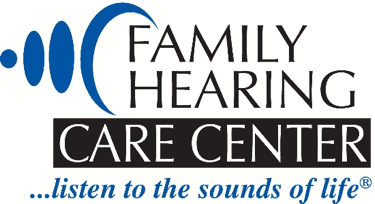
How to Choose Your Healthcare Plan When You Have Hearing Aids
Choosing the right healthcare plan is a crucial decision for individuals with hearing aids, as it directly impacts access to essential services and coverage for hearing-related expenses. In this blog post, we’ll provide valuable insights and practical tips to help you make informed decisions when selecting your healthcare plan!
Assess Your Hearing Health Needs
Before exploring healthcare plan options, it’s essential to assess your hearing health needs and priorities. Consider factors such as the severity of your hearing loss, frequency of hearing health exams, need for hearing aid maintenance and repairs, and access to specialized services such as audiologic rehabilitation or cochlear implant programming. This evaluation will help you identify the level of coverage and support required from your healthcare plan.
Review Available Coverage Options
Take the time to review the available healthcare plan options, including employer-sponsored plans, private insurance plans, and government-funded programs such as Medicare or Medicaid. Pay close attention to the benefits and coverage details related to hearing healthcare services, including diagnostic testing, hearing aids, accessories, and follow-up care. Compare plan premiums, deductibles, copayments, and out-of-pocket expenses to determine the most cost-effective and comprehensive coverage for your needs.
When evaluating healthcare plans, pay particular attention to the coverage provided for hearing aids and related services. Some plans offer full or partial coverage for hearing aids, while others may impose limitations or exclusions on coverage. Review the plan’s policy regarding hearing aid eligibility, including criteria such as age restrictions, medical necessity requirements, and pre-authorization procedures. Additionally, inquire about coverage for hearing aid fittings, adjustments, repairs, and replacements to ensure comprehensive support for your hearing healthcare needs.
Evaluate Provider Networks
Check whether your preferred hearing healthcare provider participates in the network of providers covered by the healthcare plan. In-network providers typically offer discounted rates and streamlined billing processes, making it more cost-effective and convenient to access hearing healthcare services. If you have established a relationship with a specific provider, confirm their network status with the plan administrator and explore options for out-of-network coverage if necessary.
Review Prescription Drug Coverage
In addition to hearing aids and related services, consider the prescription drug coverage offered by the healthcare plan. Some hearing aids require prescription medications or supplies for maintenance and management, such as ear wax removal drops or antimicrobial solutions. Ensure that the plan’s formulary includes the necessary medications and supplies at an affordable cost to avoid unexpected expenses and disruptions in care.
If navigating healthcare plan options feels overwhelming, don’t hesitate to seek assistance from a healthcare advocate or insurance specialist. These professionals can help you understand the complexities of healthcare coverage, compare plan features and costs, and advocate for your needs and preferences when selecting a plan. They can also assist with appeals, grievances, and resolution of coverage disputes to ensure that you receive the benefits and services to which you are entitled.
Choosing the right healthcare plan when you have hearing aids requires careful consideration of your individual needs, coverage options, provider networks, and cost considerations.
